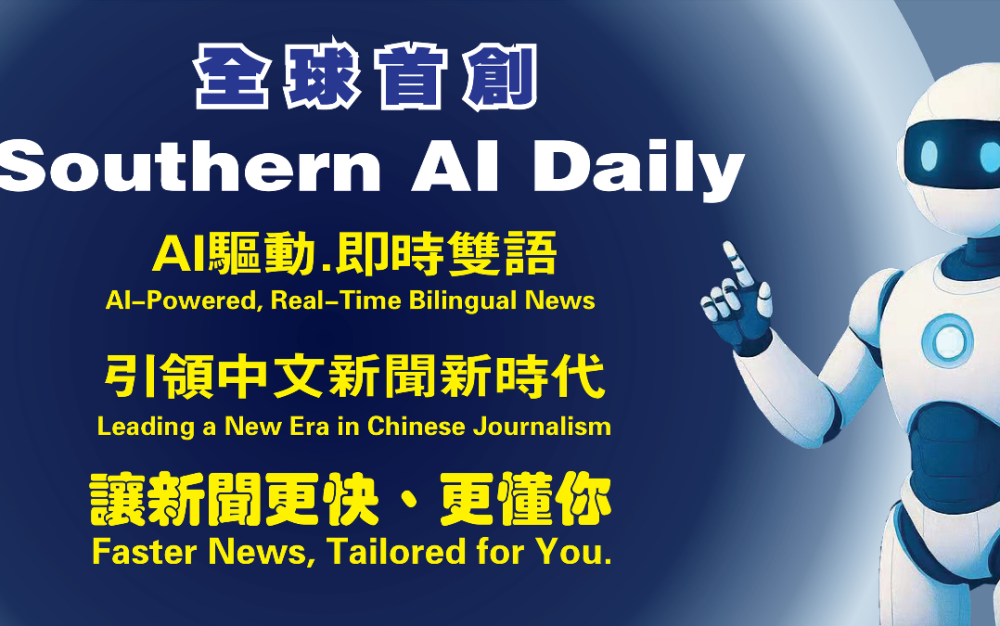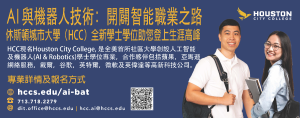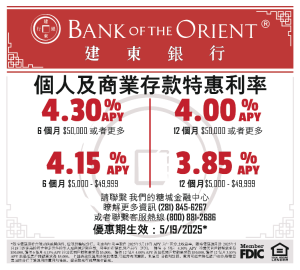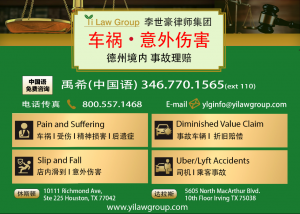AI 正在改變世界:一場無聲卻翻天覆地的革命

AI Is Changing the World: A Silent but Earth-Shaking Revolution
When we talk about artificial intelligence (AI), it’s no longer just an idea from science fiction novels or a prototype in research labs. In just a few short years, AI has moved from academic study into everyday life, profoundly transforming how we work, our economic structures, and even the rules of society.
1. From Tool to Thinking Partner
In the past, computers were merely calculators for humans. Today’s AI can understand language, generate content, analyze data, and even surpass human expertise in certain fields.
Large language models like ChatGPT, Claude, and Gemini can now write articles, generate code, and assist with research.
Generative AI tools such as Midjourney and DALL·E are disrupting the design and art industries, drastically lowering the barriers to creative production.
AI is evolving from a mere “tool” into a human “thinking partner,” working alongside us to solve problems.
2. Reshaping the Industrial Chain
AI is rewriting the rules across industries:
Healthcare: AI-assisted diagnostics, genetic analysis, and drug development shorten R&D cycles and increase accuracy.
Finance: Intelligent risk control, trading strategies, and fraud detection make financial systems more precise and secure.
Manufacturing: Smart factories and automated inspections reduce costs and boost productivity.
Education: AI tutoring and personalized learning programs create tailored knowledge maps for students.
In the next decade, AI will become a core strategic asset for business competitiveness.
3. Social and Ethical Challenges
The rise of AI also brings controversies over privacy, security, and ethics:
Data Privacy: Vast amounts of personal data are used to train models—how can citizens’ rights be protected?
Employment Impact: Certain repetitive jobs will be replaced, forcing the labor market to adapt.
Bias and Fairness: AI’s judgments may inherit or amplify human biases.
This means AI is not only a technological issue but also a political, legal, and moral one.
4. Global Competition and Future Landscape
The U.S. and China are locked in fierce competition in AI technology and applications, while Europe leads in data privacy and regulatory frameworks. In the future, AI development will influence a nation’s economic strength, global influence, and even geopolitical order.
5. A Symbiotic Future for Humans and AI
AI is not merely a “replacement” but more likely an “enabler.” It can free humans from tedious tasks, allowing us to focus on creativity, decision-making, and exploring the unknown. The key lies in:
How we choose to use it
Whether we can establish fair and transparent rules
Whether we have the capacity to harness its power





























